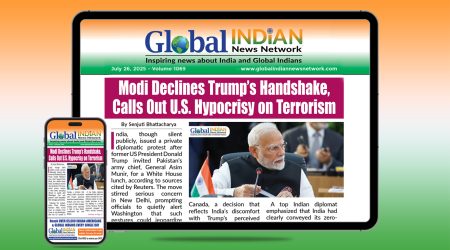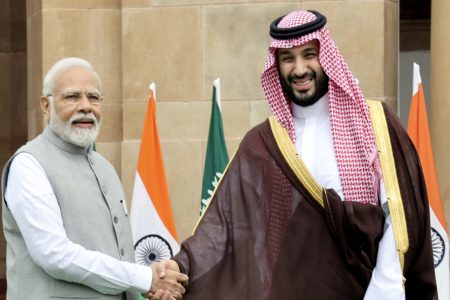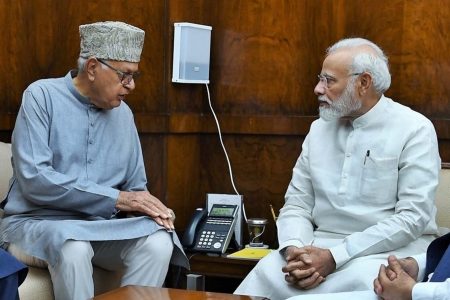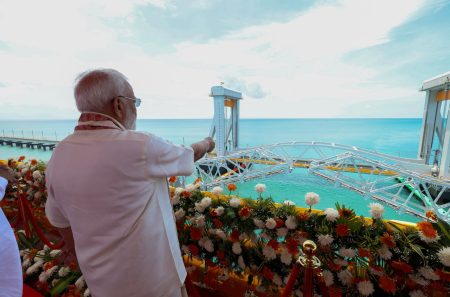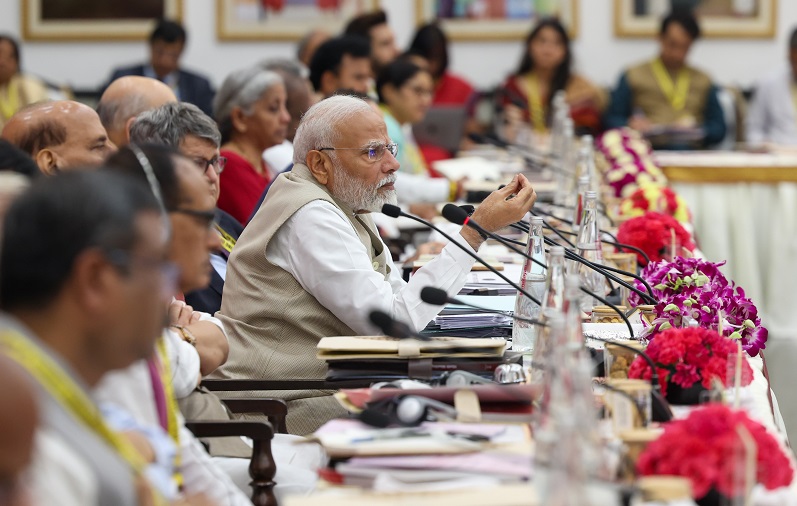
Prime Minister Narendra Modi presided over the 9th NITI Aayog Governing Council Meeting today, held at the Rashtrapati Bhavan Cultural Centre in New Delhi. The meeting saw participation from Chief Ministers and Lieutenant Governors representing 20 states and 6 Union Territories.
During the meeting, Prime Minister Modi emphasized the importance of collaborative efforts between the central and state governments to achieve the vision of a Viksit Bharat by 2047. He highlighted India’s remarkable economic growth, noting that the country advanced from being the 10th largest economy in 2014 to the 5th largest by 2024. He set a new collective goal for the nation to become the third-largest economy.
The Prime Minister acknowledged the progress made in social and economic infrastructure over the past decade. India has transitioned from a largely import-driven economy to one that exports a variety of products globally, making strides in sectors like defense, space, startups, and sports. He commended the enthusiasm of India’s 1.4 billion citizens as a key driver of this progress.
Modi outlined this decade as a period of significant opportunity and urged states to harness these prospects by implementing innovative policies and governance programs. He stressed that the vision for Viksit Bharat must be reflected at the grassroots level, with each state and district creating their own vision for 2047.
The Prime Minister praised the Aspirational Districts Programme for its success in fostering healthy competition through continuous monitoring of performance metrics. He also highlighted the need for skilling and training youth to ensure they are employment-ready, and he encouraged states to create an investment-friendly environment.
To attract investments, Modi directed NITI Aayog to develop an ‘Investment-friendly Charter’ outlining key parameters, including policies and processes. He underscored that effective law and order, good governance, and infrastructure are crucial for investment attraction, beyond just incentives.
The Prime Minister proposed the establishment of River Grids at the state level to optimize water resource use. He also called for a focus on eradicating poverty at the individual level, rather than merely through programs, to achieve transformative effects.
In agriculture, Modi encouraged states to boost productivity and diversification, provide market linkages to farmers, and adopt Natural Farming practices. He also suggested that states develop Demographic Management Plans to address future population aging issues.
Modi urged states to focus on capacity building for government officials and to collaborate with the Capacity Building Commission. Chief Ministers and Lieutenant Governors presented various suggestions for the Viksit Bharat vision, covering areas like agriculture, education, skill development, and more.
The Prime Minister concluded the meeting by expressing his gratitude to all participants and reaffirming his confidence in India’s progress toward achieving the Viksit Bharat vision through cooperative federalism.

